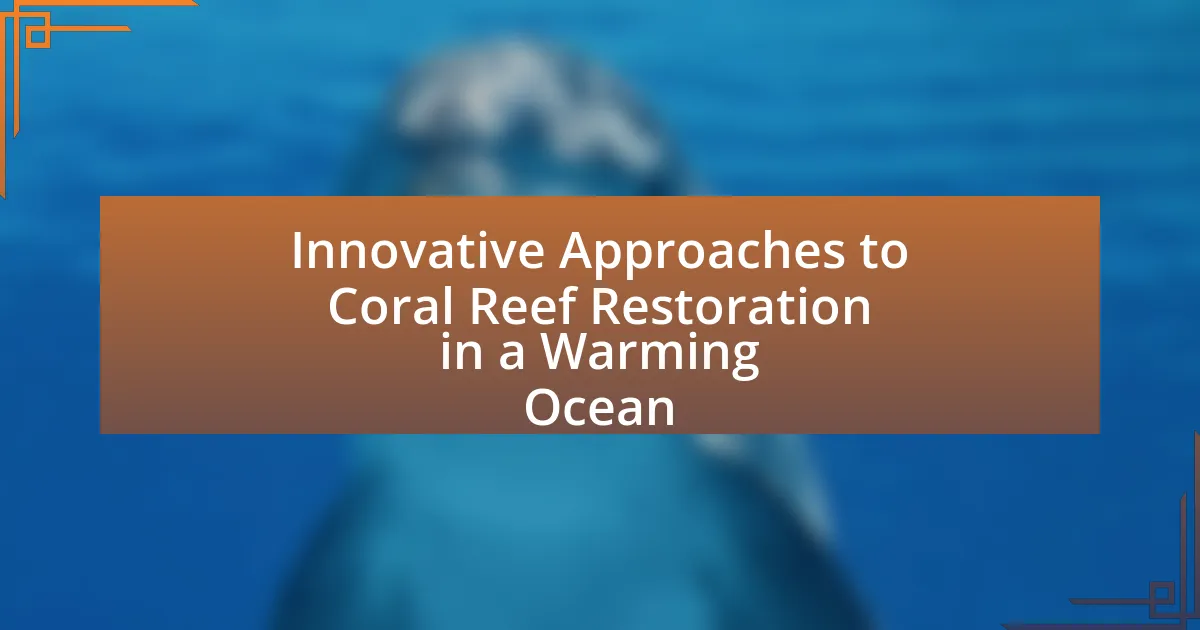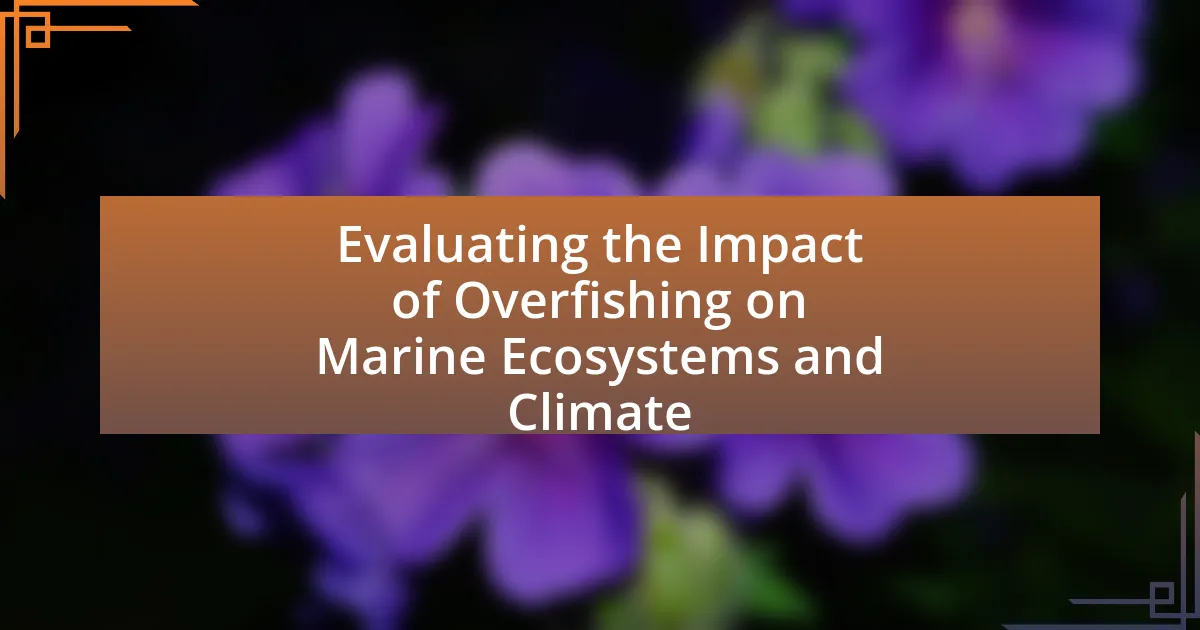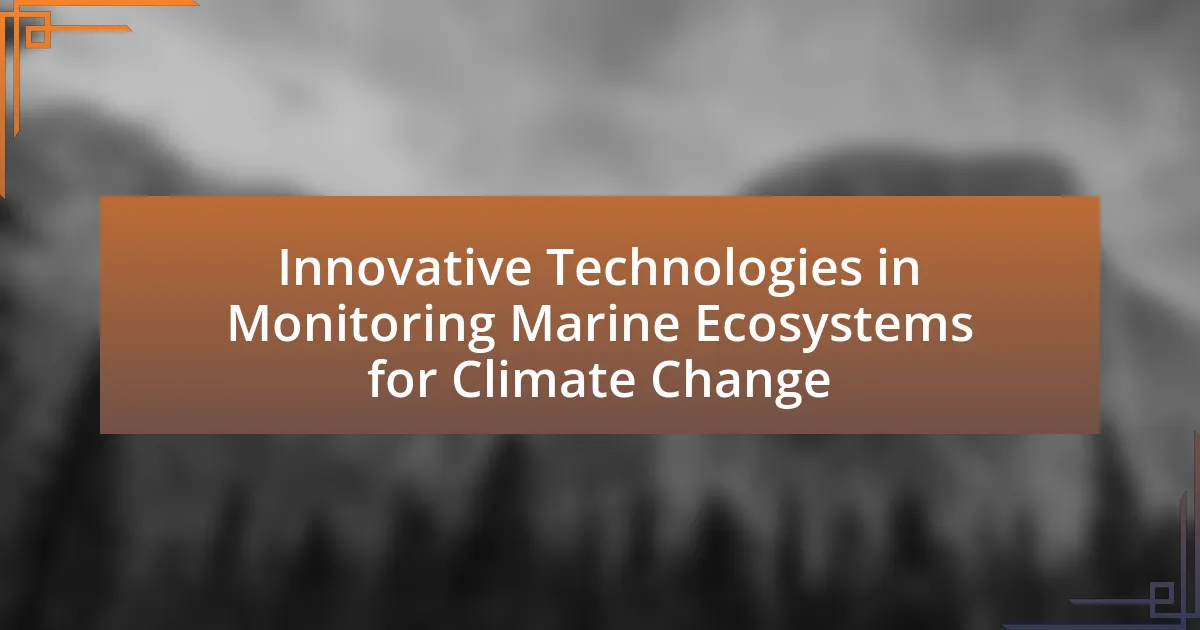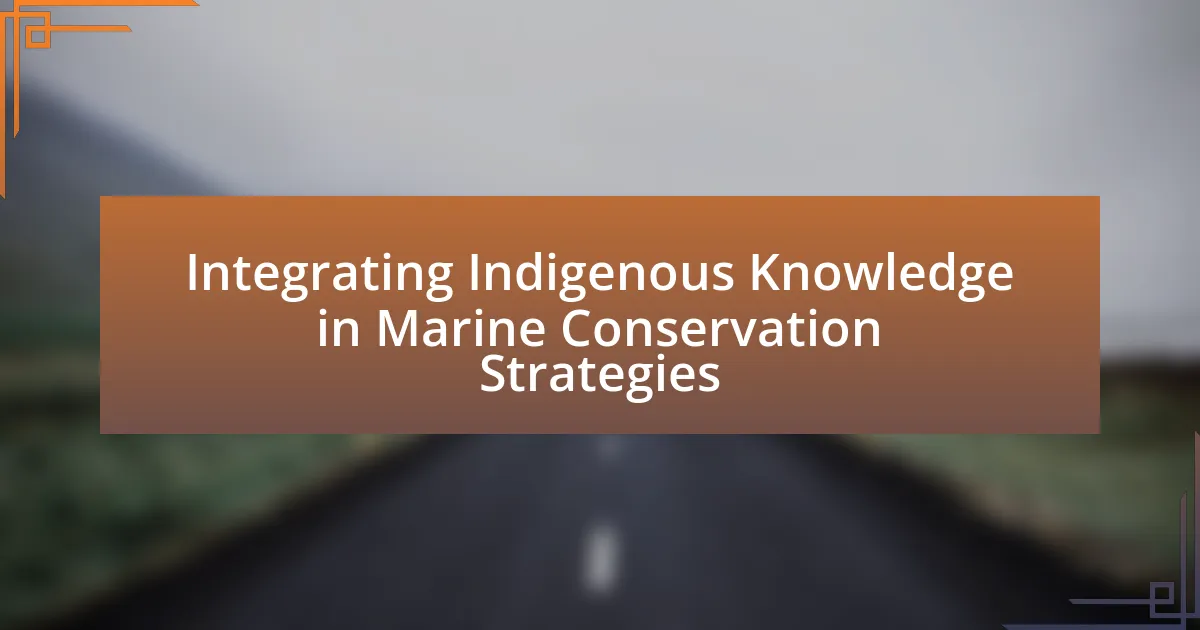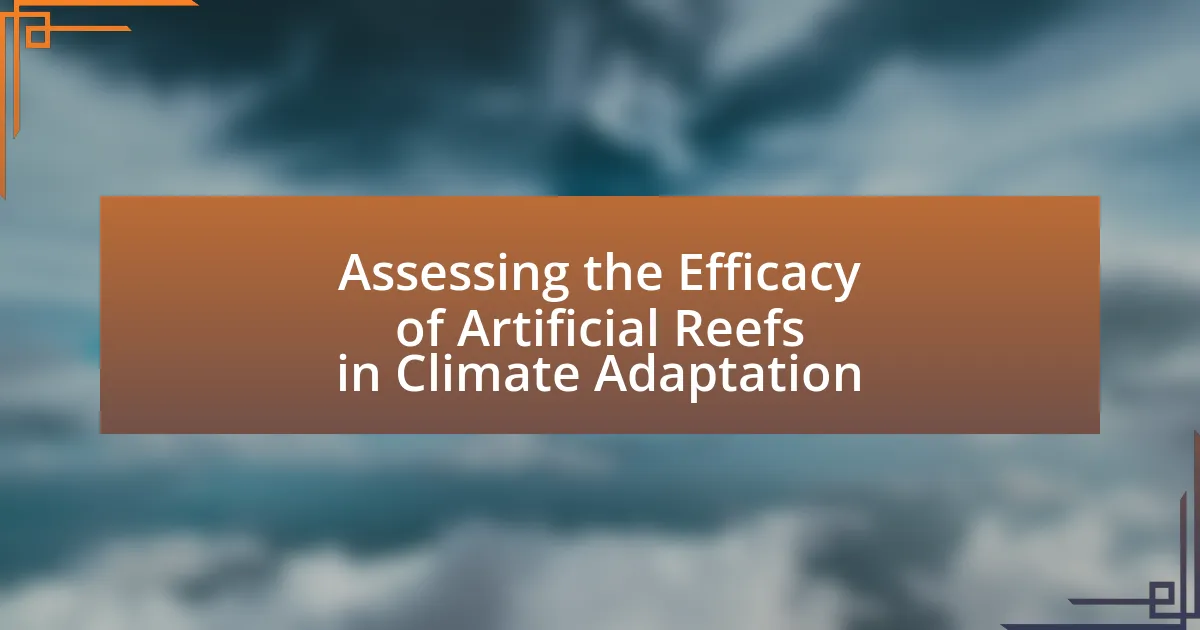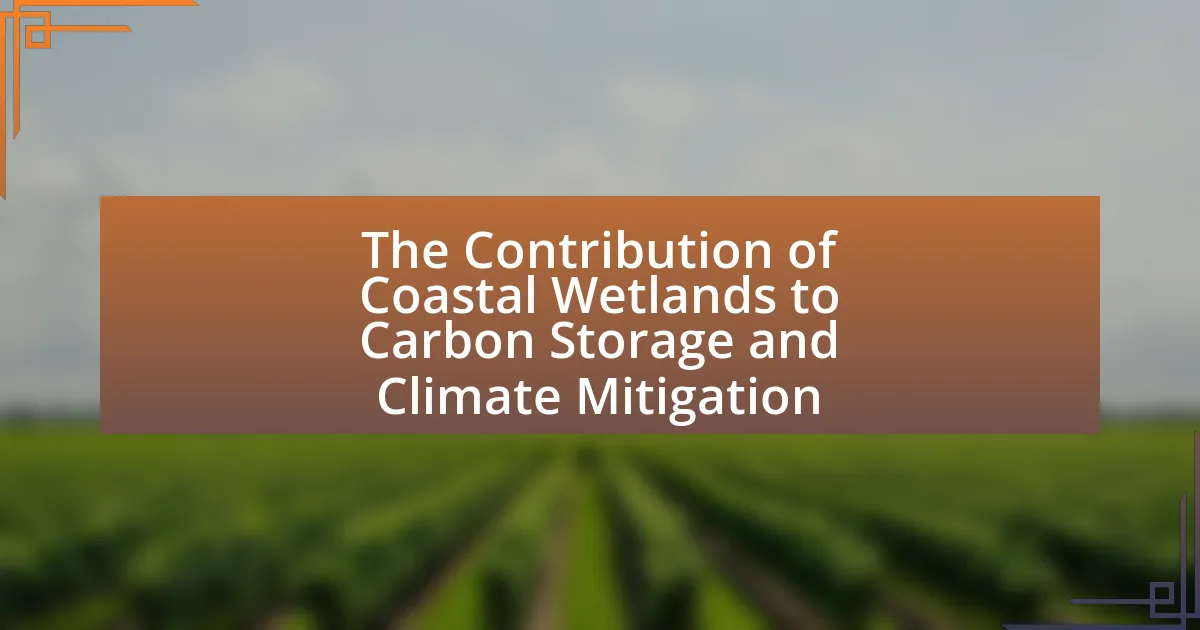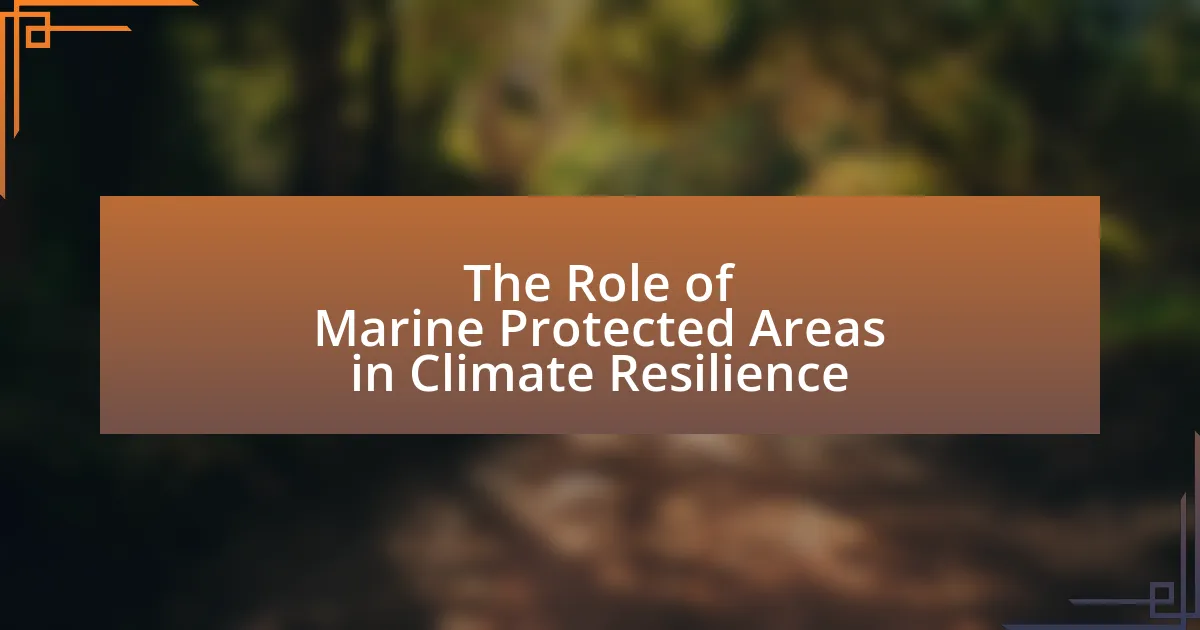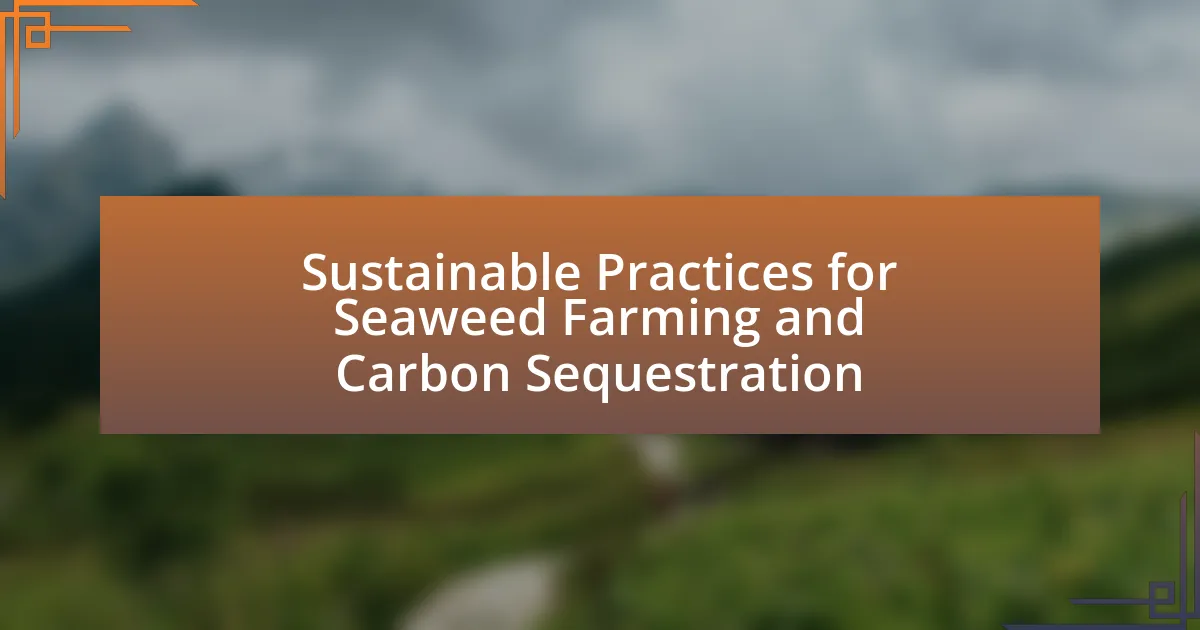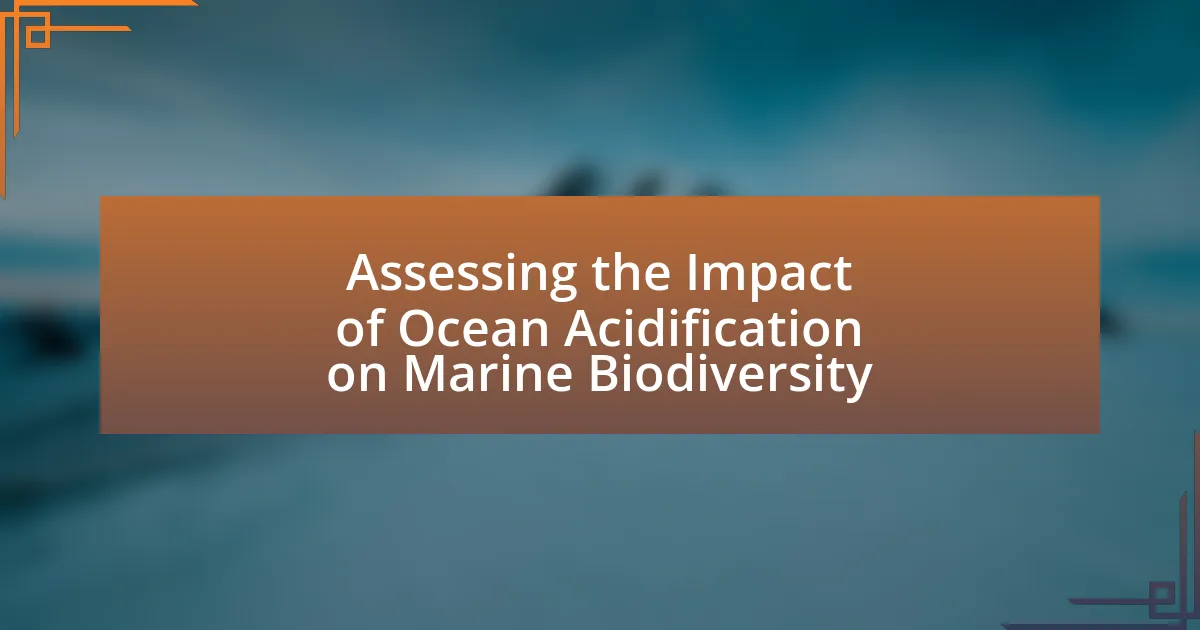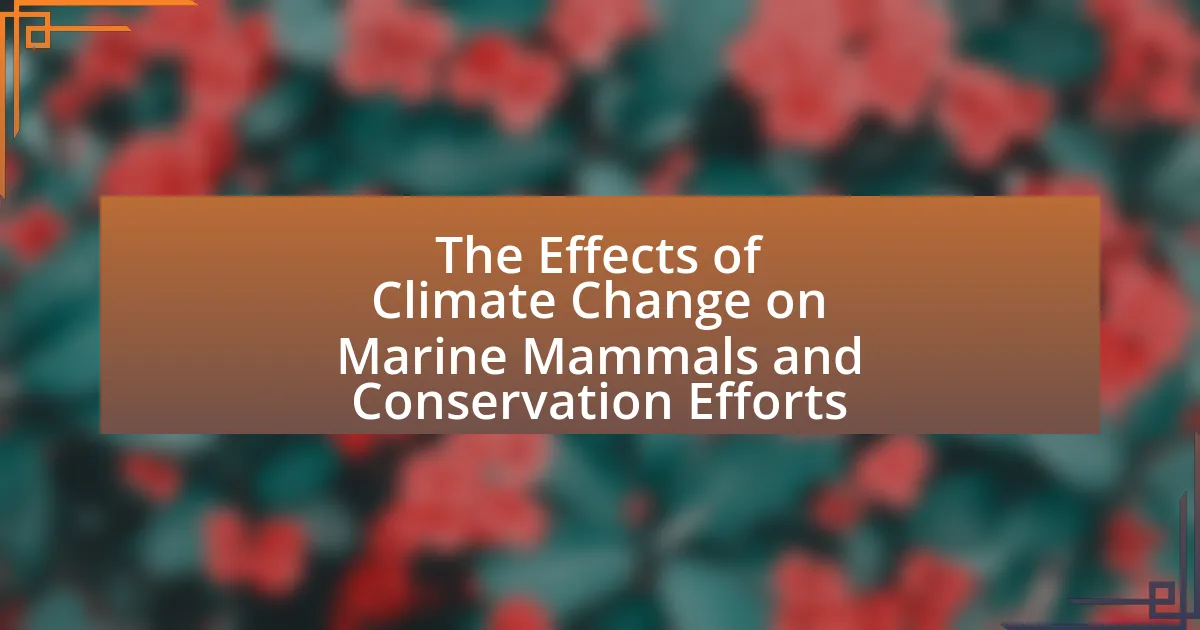The article focuses on innovative approaches to coral reef restoration in the context of a warming ocean, highlighting methods such as coral gardening, assisted gene flow, and the development of…
Category: Climate Impact Mitigation
Welcome to the ‘Climate Impact Mitigation’ category, where we explore practical ways to address climate change. Here, you will find a collection of insightful articles focused on reducing greenhouse gas emissions and adapting to an ever-changing environment. From innovative technologies to grassroots movements, our content highlights diverse strategies that individuals, communities, and businesses can implement.
Dive into topics such as renewable energy, waste reduction, and sustainable agriculture. Each article aims to inform and inspire action, making complex ideas easier to understand. Whether you’re a beginner wanting to learn or someone looking to deepen your understanding, you’ll discover valuable insights and actionable tips. Join us as we work towards a more sustainable future together.
Evaluating the Impact of Overfishing on Marine Ecosystems and Climate
The article evaluates the impact of overfishing on marine ecosystems and climate, highlighting how excessive fish removal disrupts food webs, reduces biodiversity, and contributes to climate change. It discusses the…
Innovative Technologies in Monitoring Marine Ecosystems for Climate Change
Innovative technologies in monitoring marine ecosystems for climate change encompass remote sensing, autonomous underwater vehicles (AUVs), and environmental DNA (eDNA) analysis. These technologies provide critical data on ocean temperatures, species…
Integrating Indigenous Knowledge in Marine Conservation Strategies
Integrating Indigenous Knowledge in Marine Conservation Strategies focuses on the incorporation of traditional ecological knowledge from Indigenous communities into marine management practices. This approach enhances biodiversity conservation and ecosystem resilience…
Assessing the Efficacy of Artificial Reefs in Climate Adaptation
Artificial reefs are man-made structures designed to enhance marine biodiversity and serve as critical habitats for various marine species. This article examines the role of artificial reefs in climate adaptation,…
The Contribution of Coastal Wetlands to Carbon Storage and Climate Mitigation
Coastal wetlands, including marshes, mangroves, and seagrasses, are vital ecosystems that significantly contribute to carbon storage and climate mitigation. These areas sequester carbon dioxide at rates up to 50 times…
The Role of Marine Protected Areas in Climate Resilience
Marine Protected Areas (MPAs) are designated regions in marine environments aimed at conserving biodiversity and ecosystems by regulating human activities. This article explores the definition, classification, and criteria for MPAs,…
Sustainable Practices for Seaweed Farming and Carbon Sequestration
Sustainable practices for seaweed farming and carbon sequestration are essential for promoting environmental health and mitigating climate change. Key methods include integrated multi-trophic aquaculture (IMTA), selective breeding, and organic farming…
Assessing the Impact of Ocean Acidification on Marine Biodiversity
Ocean acidification refers to the process by which increased carbon dioxide absorption from the atmosphere leads to a decrease in ocean pH levels, significantly impacting marine biodiversity. This phenomenon adversely…
The Effects of Climate Change on Marine Mammals and Conservation Efforts
The article examines the significant effects of climate change on marine mammals, highlighting how rising ocean temperatures, habitat loss, and ocean acidification disrupt their ecosystems and threaten their survival. Key…
